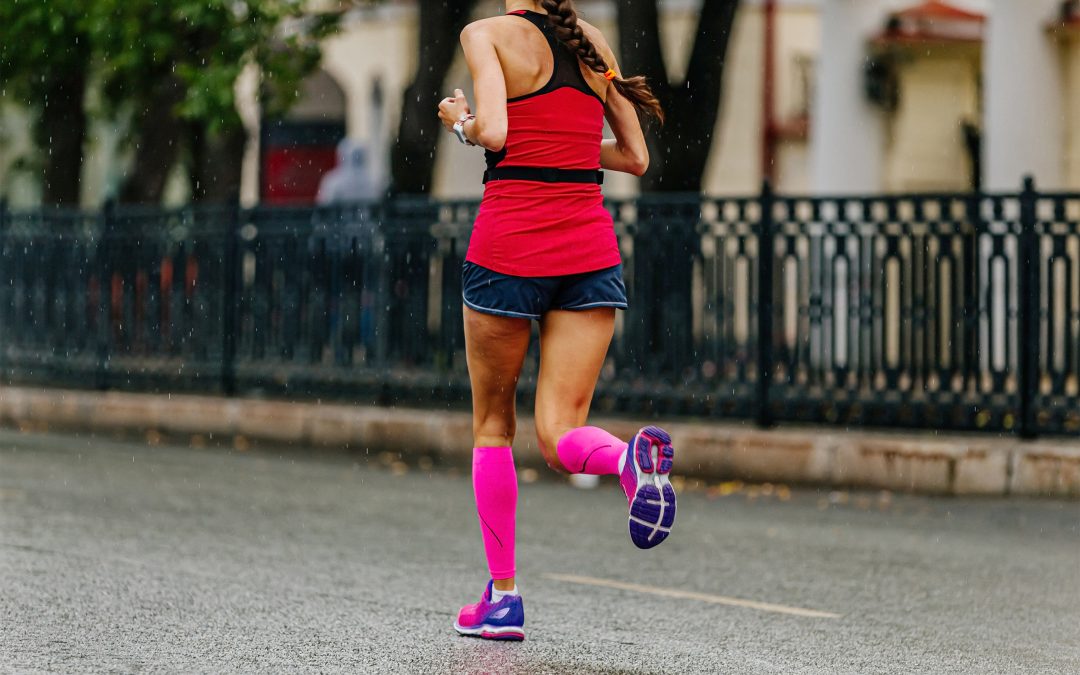The London Marathon is one of the most iconic and prestigious races in the world. Every year, thousands of runners from around the globe gather in the heart of London to take part in this incredible event. If you’re considering running the London Marathon, you probably have a lot of questions. In this article, we will answer the top 10 questions about running the London Marathon, based on information from credible sources and reliable websites.
To register for the TCS London Marathon CLICK HERE
1. How long is the London Marathon?
The London Marathon is a 26.2-mile race. It starts in Greenwich Park and finishes in front of Buckingham Palace. The course takes runners through some of the most iconic landmarks in the city, including the Tower Bridge and the Houses of Parliament.
2. What is the route of the London Marathon?
The exact route of the London Marathon can vary from year to year, but it generally follows a similar path. It starts in Greenwich and goes through Blackheath, passing several well-known London landmarks before finishing on The Mall. You can find a detailed map of the route on the official London Marathon website.
3. How much does it cost to run the London Marathon?
The cost of running the London Marathon varies depending on the entry method. If you enter through the ballot, the entry fee is typically around £39 for UK residents and £80 for international runners. There are also options to enter as a charity runner, which often involves fundraising for a designated charity.
4. Can I wear headphones during the London Marathon?
Yes, you can wear headphones during the London Marathon. However, it’s important to be aware of your surroundings and other runners. Make sure to keep the volume at a level where you can hear any important announcements or directions from race officials.
5. Is travel free for marathon runners on race day?
Travel is not free for marathon runners on race day. However, if you are a participant in the London Marathon, you can use your race bib to travel for free on certain modes of public transport in London, including buses, tubes, and trains. Be sure to check the specific details and restrictions on the official London Marathon website.
Also read: Top 10 Questions About Running the Paris Marathon
6. What pace should I run at during the London Marathon?
The pace at which you run the London Marathon depends on your individual fitness level and goals. It’s important to train at a pace that is comfortable for you and allows you to maintain endurance over the distance. Most training plans recommend running at a relaxed pace for long runs and incorporating some speed work to improve overall performance.
7. How do I get a London Marathon medal?
To get a London Marathon medal, you need to complete the race within the cut-off time, which is typically around 8 hours. As you cross the finish line, volunteers will distribute the medals to all finishers. The medal is a symbol of your accomplishment and a well-deserved reward for your hard work.
8. How do I train for a London Marathon in winter?
Training for a marathon in winter can be challenging, especially in colder climates. It’s important to dress appropriately for the weather and prioritize safety. Ensure that you warm up properly, wear layers, and stay hydrated. Consider joining a running group or finding a training partner to help you stay motivated during those chilly winter months.
9. What food and drink should I consume during the London Marathon?
During the London Marathon, it is crucial to fuel your body with the right food and drinks. Most runners rely on energy gels, sports drinks, and water to stay hydrated and maintain energy levels. Practice your nutrition strategy during training to find out what works best for you and avoid trying new foods or drinks on race day.
10. What should I do if I feel unwell during the London Marathon?
If you feel unwell during the London Marathon, listen to your body and prioritize your health and safety. There are medical stations along the route with professionals who can provide assistance. Don’t hesitate to seek medical help if you need it. Remember, it’s better to stop and seek help than to risk further injury or illness by pushing through.
The London Marathon is a dream for many runners. By answering these top 10 questions, we hope to provide you with valuable insights and guidance. Remember to consult reliable sources and do thorough research as you prepare for this incredible race. Good luck on your journey to running the London Marathon!
Note: This article is intended for informational purposes only. Always consult with professionals and official sources for the most accurate and up-to-date information.
To register for the TCS London Marathon CLICK HERE

